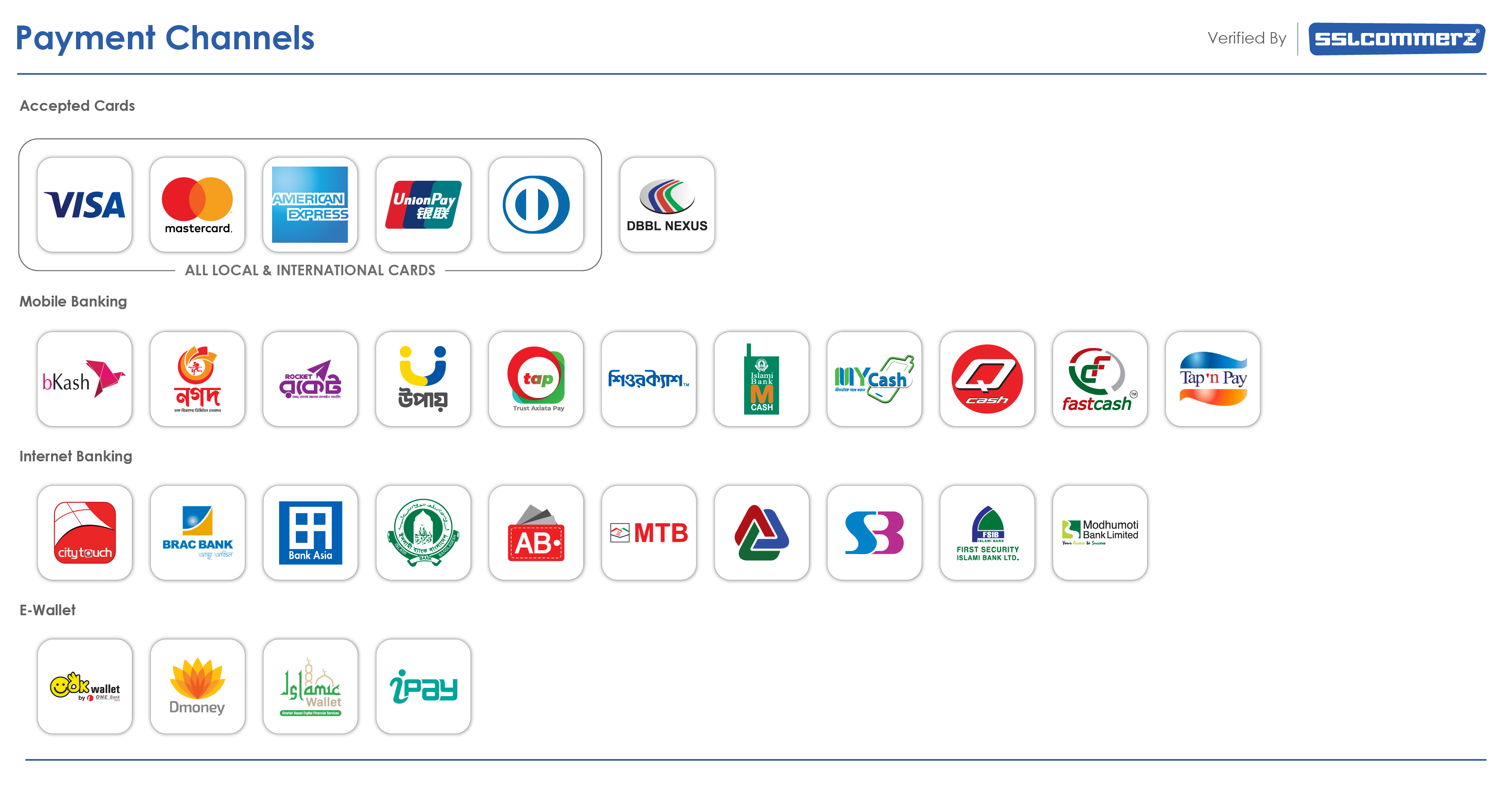
Rebuilding and repairing relationships is important because the people closest to you are often the ones hurt the most by addiction, and they are often the most important in the support group. Use ‘I’ statements to express how others’ behaviors affect you and what you need. Organizations like SMART Recovery offer face-to-face meetings and online resources, providing valuable guidance and coping strategies. Triggers for using drugs and alcohol typically are people, places, and things that remind you of your addictive behavior or encourage the use of substances you’re avoiding. Some studies find that this structure, along with a start date for sobriety and milestones, is important to some people in recovery.
Celebrate Your Milestones
One study found that 68% of people treated in a detox unit experienced moderate alcohol withdrawal symptoms. You can expect certain alcohol withdrawal symptoms such as sleep https://ecosoberhouse.com/ disruption to occur, though some people can experience seizures and other severe symptoms. Listening to others’ stories and experiences can help you navigate recovery.
Cultivating Personal Growth: Setting Achievable Goals
These groups help people share their experiences from living with a person with alcohol use disorder in a safe and compassionate support group. This app helps you access other sober people worldwide through a social-media-style platform. App users can share their stories with the community and it can alert other app users when you need some extra support.
Build Healthy Relationships
- Organizations like SMART Recovery offer face-to-face meetings and online resources, providing valuable guidance and coping strategies.
- Online sobriety and alcohol recovery groups can help you navigate your journey to getting better.
- The group’s motto is “Sober shouldn’t be somber,” reflecting the idea that people can still have fun even while not drinking alcohol or using other substances.
Treatment provides you with the tools to change your thoughts, emotions, and behaviors around substance use. If you’re not ready or willing to change those behaviors and thoughts, then treatment cannot do what it’s designed to do. The first step to getting sober is recognizing and admitting that you have a problem with drug or alcohol misuse. It’s difficult to admit that you have lost control over your substance use.
- Volunteering at local shelters or community centers helps build connections and support networks.
- Addiction counselors report that substance abuse often begins when people use drugs or alcohol to enable them to socialize more easily.
How to Build a Sober Support Network in Recovery

For personal support systems, it may be a good idea to spend a little time thinking about the people in your life whom you trust as a source of support. Getting sober can be one of the most powerful decisions you can make for your health and future. Women for Sobriety (WFS) was founded in sober networking 1975 as a not-for-profit organization helping women recover from substance use. The organization offers both online and in-person support groups run by certified moderators and chat leaders. If you wish to speak to someone one-on-one, there are also phone volunteers who can help you.

Your Network Should Include Addiction Professionals
Support can also look like joining in-person and online support groups. One 2020 study found potential benefits of combining in-person and online support methods. This can include toxic relationships in which you feel unheard, misunderstood, unsupported, demeaned, unsafe, and/or attacked. Relapse (using substances again after stopping) can and does happen, with 85% of people experiencing relapse at least once and half of them doing so within the first two weeks of sobriety. Then, the first few weeks of sobriety are when relapse risk is highest.

The practice of gratitude can assist individuals in maintaining long-term recovery motivation. Personal growth in recovery involves setting achievable goals that steer your path towards sobriety. Establishing and striving for these goals facilitate progression in the recovery process and enable you to stay focused on your recovery objectives. It is crucial to begin integrating self-care practices into your daily routine as early as possible to facilitate the healing of your body, mind, and spirit from the impact of substance abuse. Other recovery groups such as SOS (Secular Organizations for Sobriety or Save Our Selves), Dharma Recovery, and Women for Sobriety offer distinct support systems for individuals striving for sobriety.

How to Get Sober: A Guide to Sobriety

Engaging in these activities and reaching out to your sober support network when stress levels are high ensures a strong, healthy support network and overall well-being. Establishing a self-care routine fosters healthy habits and results in enhanced mental health outcomes. Creating an individual self-care plan helps address mental health needs candidly and can include seeking professional help after addiction.
If you’re living with a family member or loved one who has alcohol use disorder, it can negatively affect your health and well-being. While AA and other 12-step programs may be best known, research indicates that alternative options to 12-step programs, including SMART Recovery, may also be effective. In helping an individual achieve sustainable sobriety over time, their knowledge and support are essential. Getting support doesn’t have to mean going to rehab, although that is an option.

